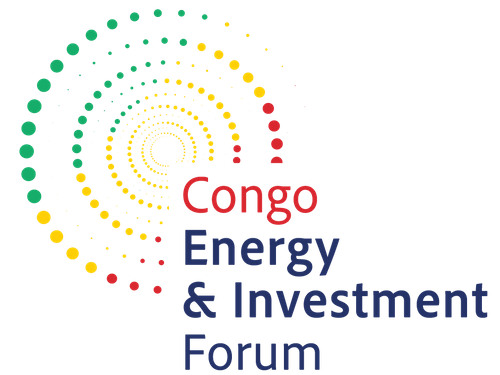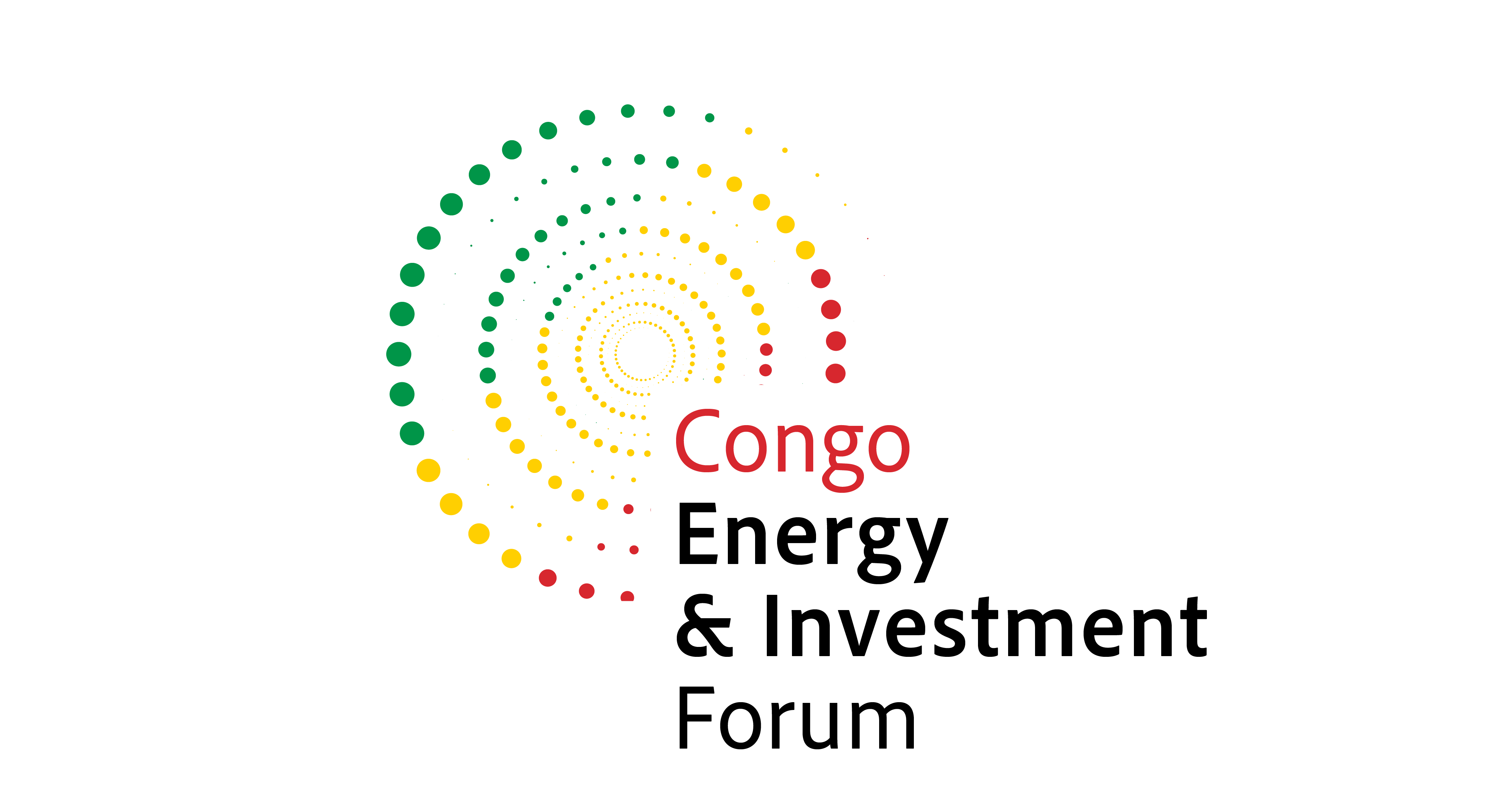Development Minerals to Drive Diversification, Economic Growth in Congo
)
The Republic of Congo seeks to accelerate the diversification of its economy, reducing the reliance on the oil sector by increasing investment in mining. The development minerals industry – including industrial and construction materials - offers untapped opportunities to support infrastructure and construction projects, and with effective organization and sustainable management, these resources could significantly enhance GDP contributions, foster long-term economic growth and drive the broader advancement of the mining sector.
Despite its considerable economic potential, the Congo’s artisanal production of development minerals remains largely under-utilized. According to a 2024 baseline study by the Congolese government in partnership with the UN Development Program (UNDP), while the country’s total production sand and rubble totaled 113,498m3 and 86,984m3, respectively, this falls short of the resources’ potential contribution to Congo’s GDP, highlighting a strategic investment opportunity for the country.
Development Minerals to Unlock Fresh Infrastructure Projects
Development minerals like sand, stone and gravel are vital for infrastructure, serving as key materials for roads, bridges and public facilities. They also support Congo's energy sector by enabling energy production, site construction and enhancing hydrocarbon transportation.
As part of its strategy to revitalize the energy sector and achieve universal energy access by 2040, the Congolese government has launched several major infrastructure projects. In November 2024, the government approved the construction of the Sounda Dam. The project, set to begin construction in January 2025 at a price tag of €2 billion, is expected to generate between 600 MW and 800 MW of electricity. During the same month, Congo approved a €150 million bulk cargo port project to enhance industrial activities in the Pointe-Noire SEZ, focusing on timber, agriproducts and processing industries.
Additionally, the Congo and the Democratic Republic of Congo unveiled plans for a railway bridge linking Brazzaville and Kinshasa, with construction slated to start within a year. By the end of 2025, the bridge is projected to facilitate the movement of over 5 million passengers and 3 million tons of goods annually, solidifying its status as a strategic regional corridor. Meanwhile, in September 2024, the Congo and Russia greenlit the construction of an oil pipeline connecting Pointe-Noire, Brazzaville and Oyo.
As such, structured production of sand and stone, as outlined in the UNDP study, could reduce infrastructure costs while promoting sustainable resource use. Training artisanal miners, modernizing equipment and establishing centralized supply chains also has the potential to enhance productivity while diversifying the country’s economy. By addressing these challenges, the Congo not only has the potential to lower construction costs but also leverage the mining sector’s growth to drive socioeconomic development and increased energy access across the country.
Expanding Opportunities in Congo’s Mining Sector
Beyond development minerals, Congo is rich in untapped mining resources, including iron ore, copper, gold and potash. Key iron ore projects, such as the Mbalam-Nabeba project - developed by Australian miner Sundance Resources - began technical construction in November 2024, while the Mayoko project - operated by Congolese firm Sapro - delivered its first 800 tons of iron ore in August 2024. Meanwhile, a promising feasibility study from Congo’s Zanaga iron ore project – which aims to produce 30 million tons annually – highlights a positive outlook for the country’s iron ore sector.
The Congo's vast potential in development minerals and the broader mining sector presents significant opportunities for sustainable growth. As such, the upcoming Congo Energy & Investment Forum, set for March 25-26 in Brazzaville, offers a premier platform for stakeholders to explore investment and collaboration in infrastructure and mining. The forum aims to position the country as a key driver of Africa’s economic transformation.


